How to make rusks
Baking your own rusks is easy once you know how! But how to perfect them? Follow these tips.
Before you get started
Rusks are relatively simple to make – the dry ingredients and wet ingredients are combined. As always with flour, don’t overmix or they’ll be tough.
Another important thing to note is that rusks are baked twice – baked, and then dried out – so make sure you have time to complete the project. You can dry them overnight, if you prefer. It’s a good idea to make a big batch, because of the time needed to cook and dry them. They also keep for months in an airtight container.
Consider whether you want a small hard crust, or a big one. If you favour a small hard cap, bake your rusks in a loaf tin. If you prefer a golden, hard crust down the longer side, bake them on a tray.
Shaping and separating the rusks
To avoid fragments breaking off when you cut the rusks, you can score the rusks before placing them into the oven. If you’re a committed rusk baker, invest in a rusk cutter. Alternatively, if you’re going for rounder rusks, not tall soldiers, roll them into balls and stack them together in a loaf tin, so that you can pull them apart easily once baked. Be sure to allow them to cool completely before attempting to separate them or they’ll break.
Inspired? Here are more of our favourite rusk recipes:
Buttermilk rusks
Old-fashioned rusks made with yeast – just like ouma intended. These take a little more effort, but the flavour is worth it.
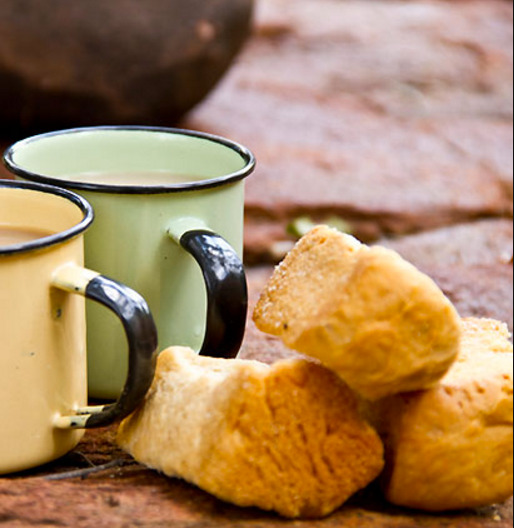
Get the recipe for buttermilk rusks.
All-bran rusks
An easy option for first-time rusk bakers.

Get the recipe for all-bran rusks here.
Some of our favourite rusk add-ins:
25 g dried cranberries and 25 g roughly chopped almonds
50 g raisins, sultanas or chopped dates and 1 cup bran
50 g pecan nuts and 1 t cinnamon
2 T aniseed
1 cup crushed All-Bran flakes
1 cup desiccated coconut
50 g sunflower seeds and ½ cup honey
25 g pumpkin seeds and 25 g chopped dried apricots
Substitutions
Buttermilk rusks are a classic of South African cooking. No buttermilk at home? To make your own buttermilk, combine ½ cup lemon juice, white spirit or apple cider vinegar with 21/2 cups full-cream milk. (Makes 3 cups). Alternatively, if you can get your hands on it, kefir will work instead of buttermilk.
For wholewheat rusks, substitute half the flour with wholewheat flour.
Troubleshooting
Rusks not drying out? Place a spoon in the oven door to allow steam to escape during the drying out process.
Rusks going a little too brown? Cover them in tinfoil to prevent burning.
Rusks going soft? Make sure you keep them in an airtight container. Rusks with nuts in them may last for a shorter time period than those without. You can also dry them out again in a low oven.

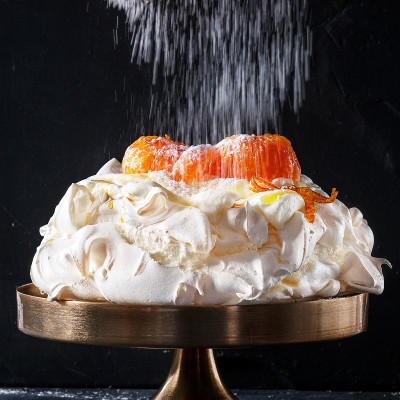
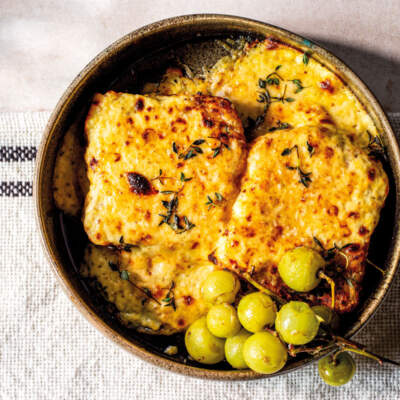
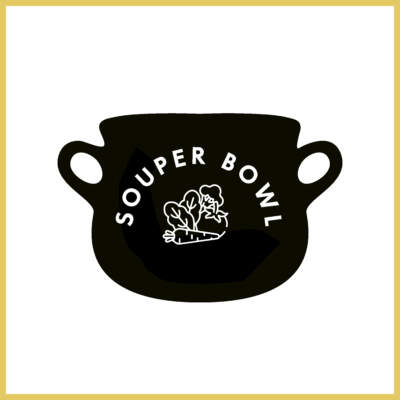
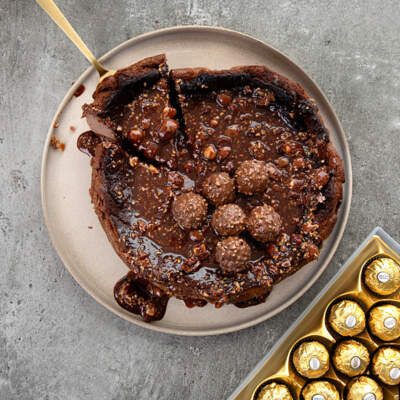
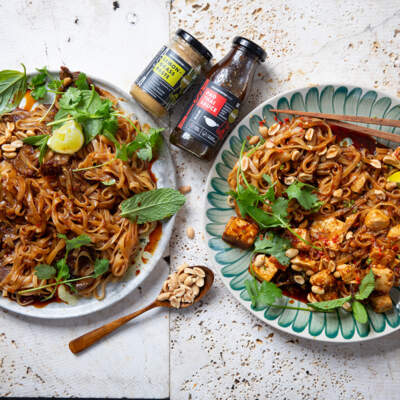
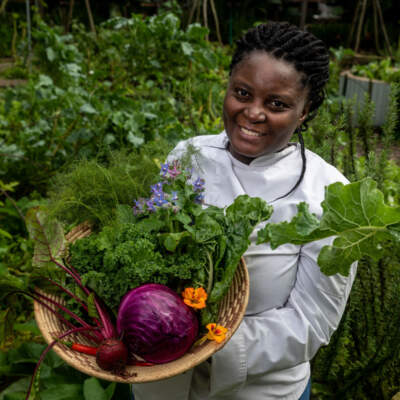
I’m a avid All Bran rusk baker. But lately, I end up with lots of crumbs after lifting them from the pan. Do I need to put a bit more oil in the dough? Or what else can it be?
I’m lactose-intolerant. Can I use oatmilk, instead of buttermilk or even coconut yoghurt?
Also, with the current high cost of electricity in Europe, do I really need to dry out rusks for such a long time?
Hi there! According to our food director, Abigail Donnelly, use both oat milk and coconut yoghurt to make up the consistency of buttermilk.
You do have to dry them out else they won’t be crispy and will be more like a dryish scone. We hope that helps! Best, Annzra Denita Naidoo – Online Editor.